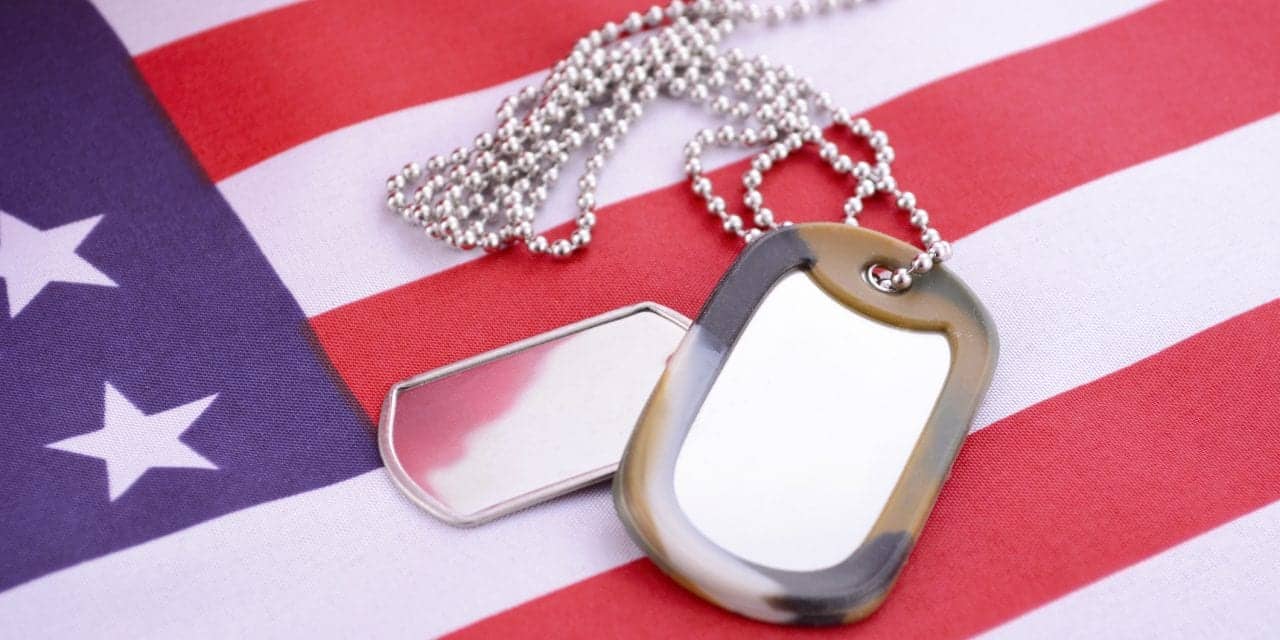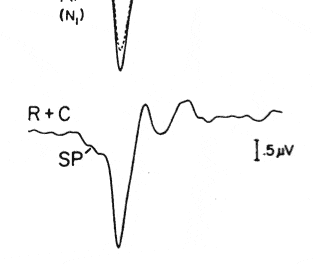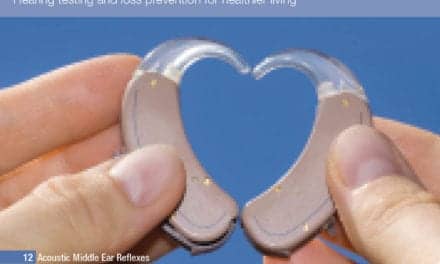Each year on Veterans Day, November 11, we proudly honor the men and women who have bravely served our country and fought to protect our freedoms, the Hearing Health Foundation (HHF) announced in a press release. HHF is a New York City-based nonprofit funder of hearing and balance research in the US whose mission is to prevent, cure, and treat hearing loss and tinnitus and to educate the public about hearing health.
In addition to being disproportionately affected by hearing loss and tinnitus, soldiers and veterans are also more susceptible to developing central auditory processing disorders (CAPD), according to HHF. CAPD occurs when one can hear sounds but is unable to understand the words. It is sometimes caused by intense exposure to sudden and loud noises from improvised explosive devices (IEDs), ammunition, and engine noise.
“Both post-blast trauma and CAPD are difficult, diffuse disorders where more work is needed, particularly on people working in extreme conditions, acoustic and otherwise, such as veterans,” said Edward Bartlett, PhD, associate professor, biological sciences and biomedical engineering Purdue University.
Blasts can result in temporary hearing loss and put military personnel at risk. However, in the HHF’s opinion, the word “temporary” should be approached with caution: Repeated short-term hearing loss can damage the sensitive hair cells in the inner ear, leading to permanent hearing loss.
Hearing loss and tinnitus as a result of noise is largely preventable; according to HHF, there’s a misconception that using hearing protection would inhibit vital communication and mission readiness. Wearing hearing protection such as noise-attenuating helmets, which use ear cups to protect against hazardous sound, or Tactical Communication and Protective Systems, which protect against loud noises while amplifying soft ones, can go a long way to reduce overall exposure, while ensuring vital communications.
Regardless of age, type of hearing loss, or cause, if left untreated or undetected, hearing loss can lead to negative social, psychological, cognitive, and health effects, says HHF. As a result, it can impact professional and personal life, potentially leading to isolation and depression.
Veterans who have acquired hearing loss and tinnitus, either as a result of war or through other causes, can seek treatment at their local Department of Veterans Affairs (VA) medical center. Through partnerships with local community providers, the VA offers comprehensive hearing health services including screening, evaluation, treatment, and/or management of hearing, tinnitus, and balance disorders, according to HHF.
While it may be daunting to take the initial step of having a hearing test, it is important to know there are many different treatment options available. Some forms of hearing loss, such as those that affect the middle ear, are treatable through surgery. Damage to the inner ear and auditory nerve can cause permanent hearing loss; however technologies such as hearing aids, assistive/alerting devices, TV and telephone amplifiers, and cochlear and other auditory implants can optimize residual hearing by amplifying sounds, says HHF.
As for tinnitus treatments, some patients have seen improvements with counseling and sound therapy, cognitive behavioral therapy (CBT), and the use of white noise machines. Be sure to discuss the cause of your hearing loss and tinnitus and various treatment options with your audiologist or ear, nose, and throat specialist (ENT).
“On this and every Veterans Day, HHF sincerely thanks our military and our veterans for their brave service and sacrifice,” said Nadine Dehgan, CEO, Hearing Health Foundation. “I would also encourage all members, past and present, to have their hearing tested and monitored by a hearing health professional on a regular basis.”
Please visit va.gov/directory/guide to find your local VA medical facility. Please also see our Fall 2017 issue of Hearing Health magazine, whose theme is Veterans & Seniors. Learn more about hearing loss among our military and veterans by visiting hhf.org/veterans or by contacting contact us at: [email protected] or 212.257.6140 / 888.435.6104 (TTY).
Image: © Amarosy | Dreamstime





